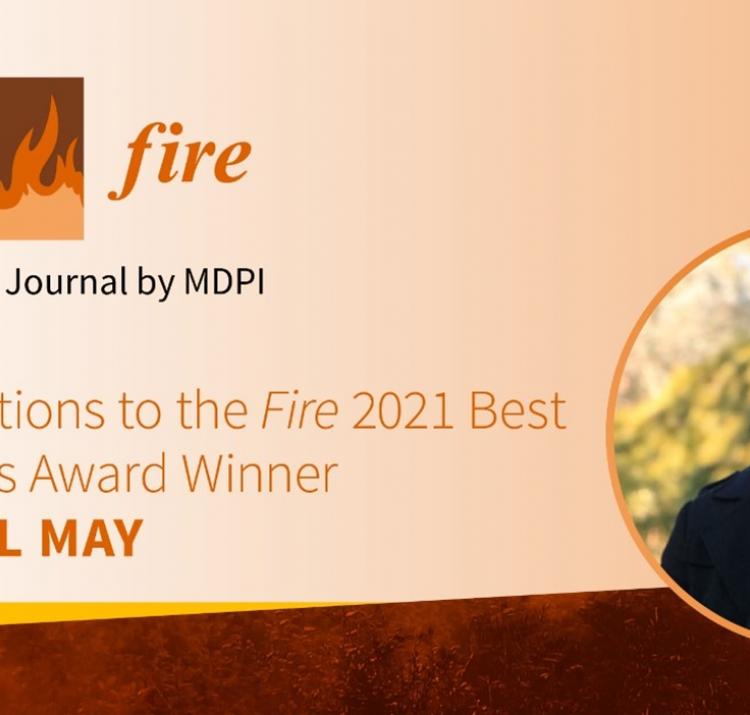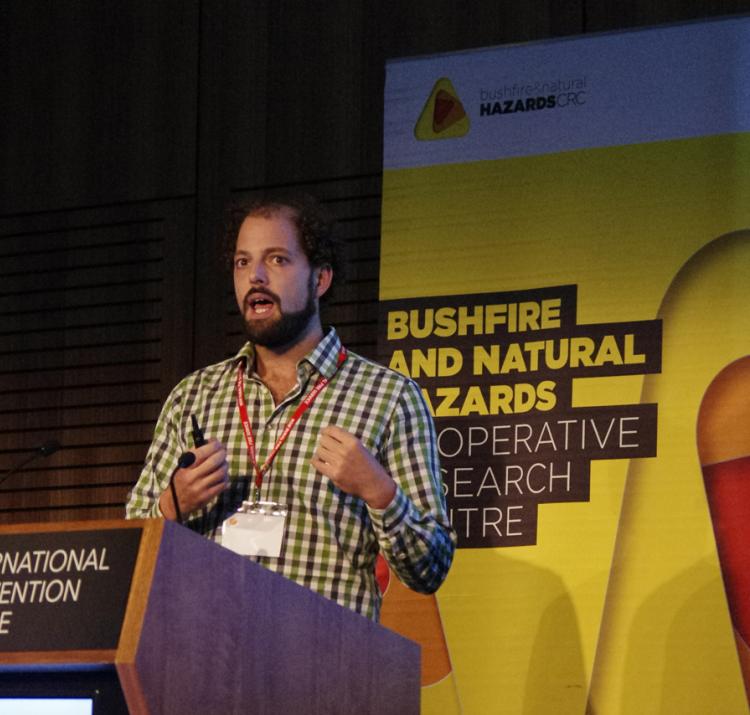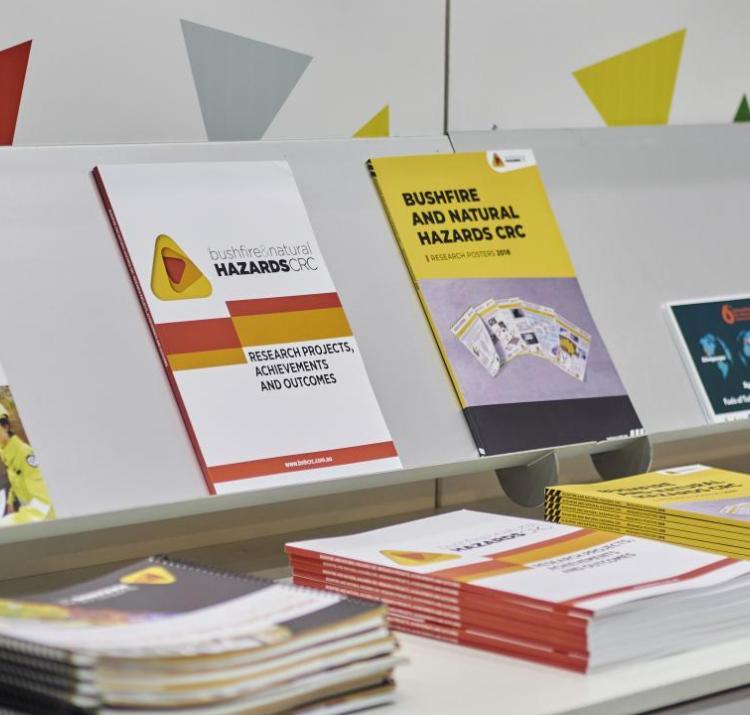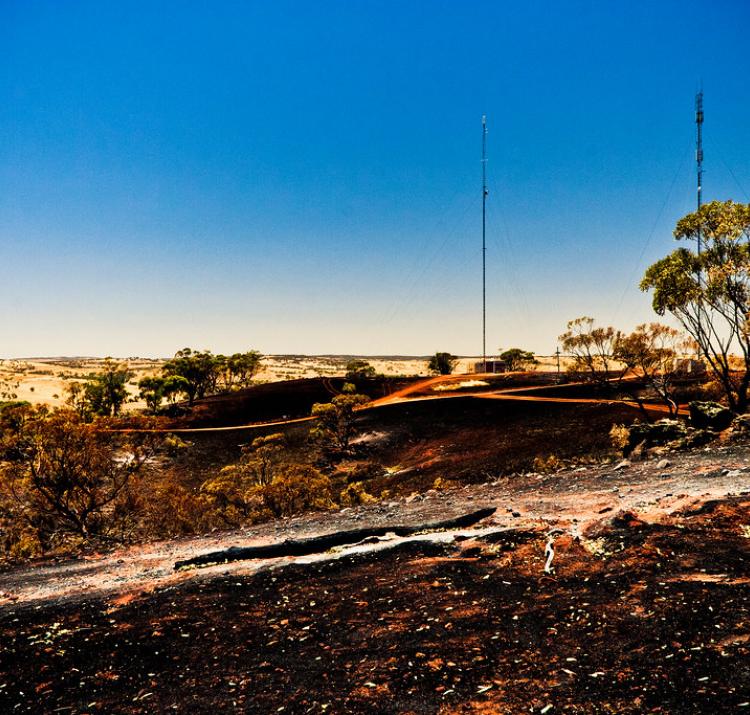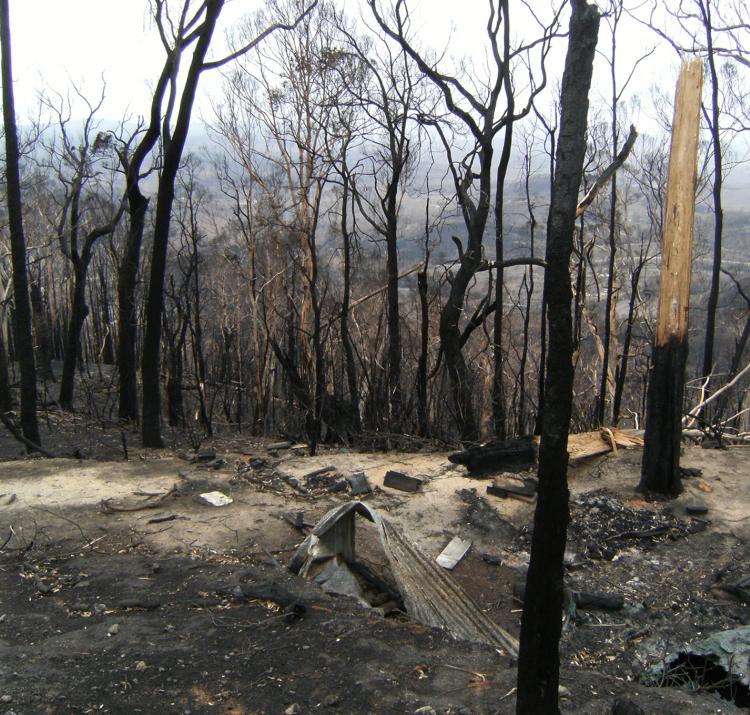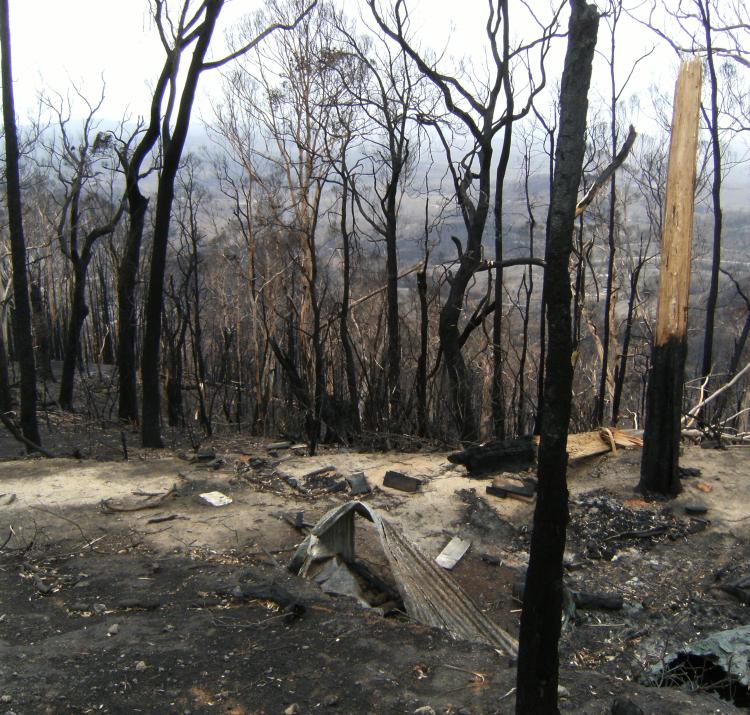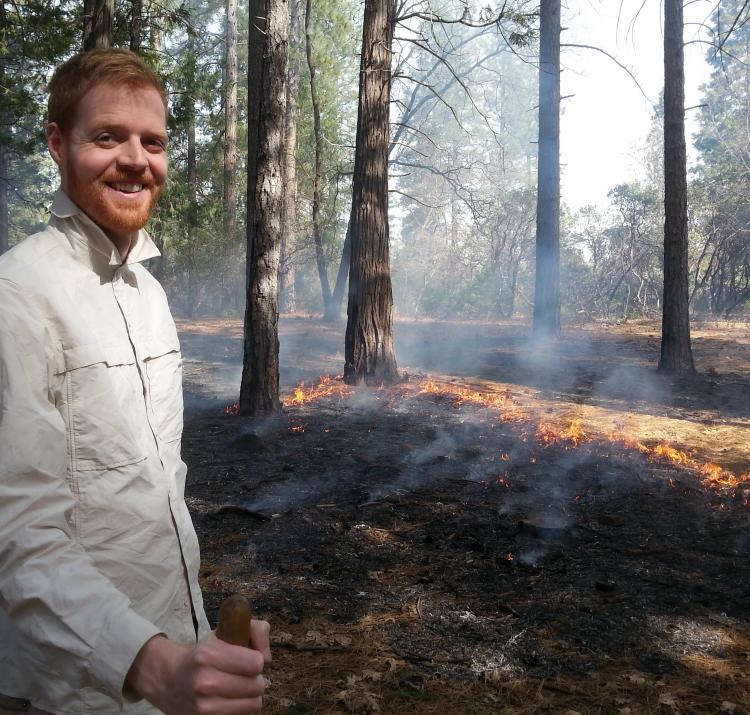In this PhD project student Daniel May investigates the political and cultural influence of understandings of indigenous fire in settler societies, with a particular focus on Australia and the United States in the 20th and 21st centuries. He argues that non-indigenous understandings of indigenous fire have not been confined to the academy as anthropological curiosities but have historically been political incendiaries, as competing interest groups have attempted to draw upon, appropriate, or deny indigenous fire in environmental debates and discourse. In his work, he focuses on specific case studies in South-Eastern Australia (the debates following the 1939 Black Friday and 2009 Black Saturday bushfires), Tropical Northern Australia (Kakadu National Park’s fire management program from before 1979 to the 2016 Management Plan, and the savanna burning carbon abatement projects in Arnhem Land from the mid 1990s to 2016), South-Western Australia (the debate following the 1961 Dwellingup bushfires), and the Western United States (the 1910-11 fire season and ‘light burning’ controversy, and the 1988 Yellowstone fires). He projects that despite the commonality of understandings of indigenous fire proving crucial to debate, these case studies have important political, cultural and environmental local nuances which have not been reflected in national or transnational fire management debates. and arguesthat contested understandings and uses of indigenous fire have not just reflected clashes over specific management issues or power struggles; they reflect broader divisions over environmental values and systems of knowledge, and can be seen as a proxy for how a settler society relates to both its environment and indigenous history.


